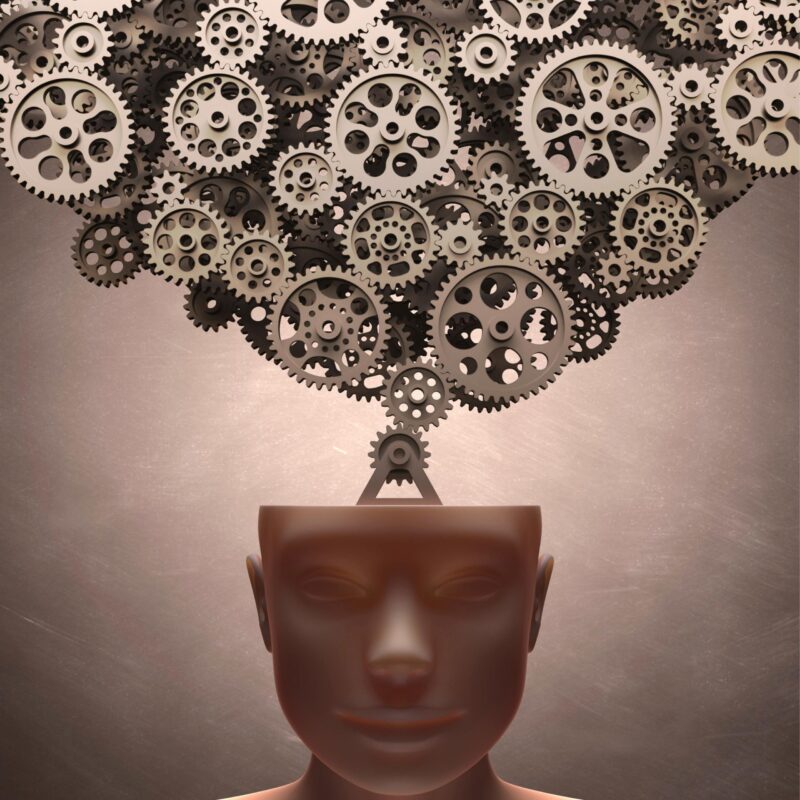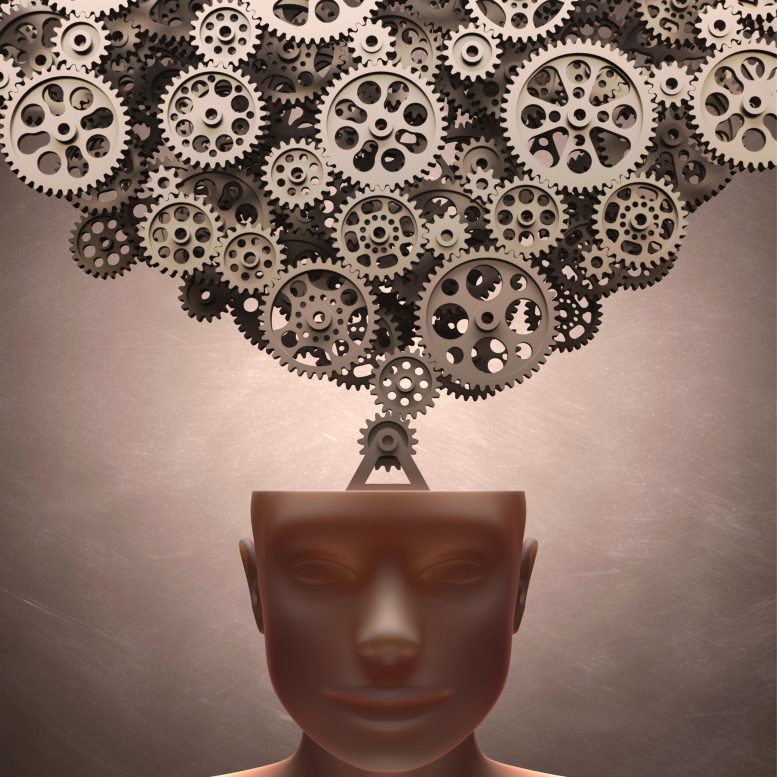Lorsqu’une personne essaie d’accéder à un souvenir, son cerveau passe rapidement au crible tout ce qui est stocké en lui pour trouver l’information pertinente. Mais en vieillissant, beaucoup d’entre nous ont des difficultés à retrouver leurs souvenirs. Dans une revue publiée dans le journal Trends in Cognitive Sciences aujourd’hui (11 février 2022), les chercheurs proposent une explication à ce phénomène : le cerveau des adultes plus âgés alloue plus d’espace aux connaissances accumulées et dispose de plus de matériel pour naviguer lorsqu’il tente d’accéder aux souvenirs. Bien que cette richesse de connaissances antérieures puisse rendre la récupération de la mémoire difficile, les chercheurs affirment qu’elle a ses bons côtés – cette expérience de vie peut aider à la créativité et à la prise de décision.
Les chercheurs Tarek Amer de Columbia University and Harvard University, Jordana Wynn of Harvard University, and Lynn Hasher of the University of Toronto looked at several behavioral and neuroimaging studies, which show that older adults have difficulty suppressing information that is no longer relevant and that when searching for a specific memory, they often retrieve other, irrelevant memories along with it. The studies also showed that when given a cognitive task, older adults rely more heavily on previous knowledge than younger adults do.
While the researchers focus primarily on the difficulties that these cluttered memories may pose, they also highlight a few situations in which these crowded memoryscapes may be useful. “Evidence suggests that older adults show preserved, and at times enhanced, creativity as a function of enriched memories,” the researchers write. They further hypothesize that older adults may be well served by their prior knowledge when it comes to decision-making, where they can pull on their accumulated wisdom.
With continued study and increased understanding of how memory works in older adults, researchers are hopeful that they may be able to find new ways to help them. They write, “It is possible that the increased binding and richer encodings of older adults can even be leveraged to improve older adults’ learning and memory.”
Reference: “Cluttered memory representations shape cognition in old age” by Amer, 11 February 2022, Trends in Cognitive Sciences.
DOI: 10.1016/j.tics.2021.12.002
This work was supported by the Natural Sciences and Engineering Research Council of Canada and the Canadian Institutes of Health Research.




